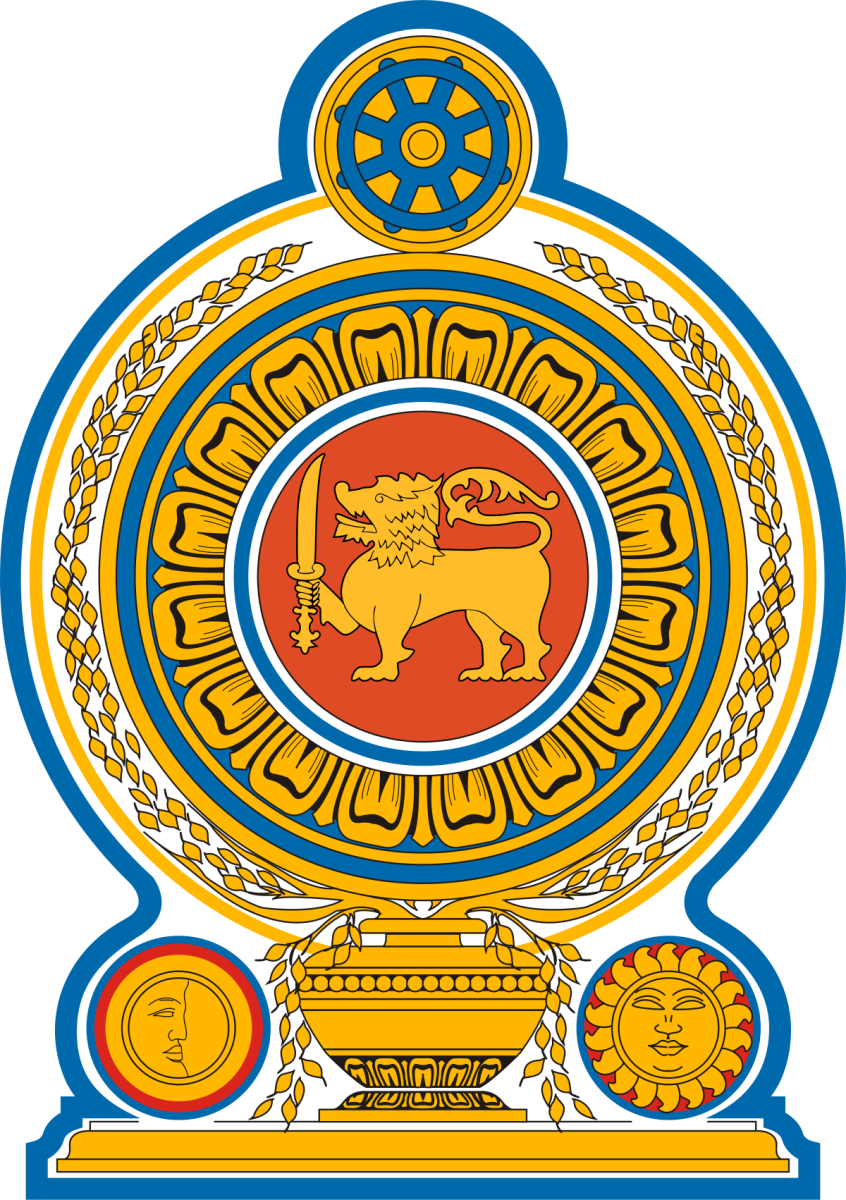
Statement by Mr. Chatura Perera, Minister of the Permanent Mission of Sri Lanka to the United Nations: First Committee – Cluster 2 – Other Weapons of Mass Destruction
80th Session of the United Nations General Assembly: 22 October 2025
Mr. Chair,
My delegation aligns itself with the statement delivered by Indonesia on behalf of the Non-Aligned Movement (NAM). I wish to make the following remarks in my national capacity.
Mr. Chair,
The international security environment remains in a grave state of crisis. Conflicts, both inter-state and intra-state, create an atmosphere of heightened tension and deep insecurity. Civilians, including thousands of children, continue to endure unimaginable suffering each day. At such a perilous moment in history, we must increase our efforts to eliminate the existential threats posed by all weapons of mass destruction (WMDs). Their potential use in today’s volatile environment would not only magnify human suffering, but also escalate global tensions to a deadly level.
Sri Lanka believes that addressing the threat of WMDs - nuclear, chemical, biological, radiological, and emerging weapons - requires that we strengthen international treaties, take determined disarmament and non-proliferation measures, prevent the illicit acquisition by non-State actors, and enhance multilateral cooperation.
Mr. Chair,
With respect to chemical weapons, Sri Lanka reaffirms that the use of such weapons, anywhere, by anyone, under any circumstances, is culpable and contrary to international law - particularly the Chemical Weapons Convention (CWC). We commend the work of the OPCW in overseeing the verified destruction of declared stockpiles, but we share the NAM’s regret over the inability to adopt outcome documents at the 04th and 05th CWC Review Conferences due to politicization and the absence of consensus.
We call for renewed commitment to the full, balanced, and non-discriminatory implementation of all provisions of the Convention. This includes the removal of discriminatory restrictions in the peaceful uses of chemistry, and the promotion of technology transfer, material and equipment sharing for peaceful purposes. We also highlight the need for sustained international support to meet the humanitarian needs of all victims of chemical weapons.
Mr. Chair,
On biological weapons, Sri Lanka reaffirms that the Biological Weapons Convention (BWC) remains a critical pillar of the international disarmament architecture. The absence of a verification regime continues to undermine its effectiveness. We therefore welcome the establishment of the Working Group on the Strengthening of the Convention at the 09th BWC Review Conference, with a mandate to address compliance and verification, and to recommend measures to institutionalize and fortify the Convention.
Sri Lanka is committed to working with all States in enhancing its capabilities to respond to biological threats as well as to promote peaceful use of bio-technologies. Together with the Netherlands, Cambodia, Mongolia, and Uganda, we co-hosted a side event in August 2024 on lessons learned from establishing a National Inventory of Dangerous Pathogens, during the 04th session of the Working Group. We reaffirm our readiness to share expertise and collaborate with partners to ensure that no State or actor can develop or use biological weapons.
At the same time, we believe that legitimate, peaceful uses of biotechnology must be encouraged, with greater international cooperation in scientific and technical exchange, in line with Article X of the BWC. Efforts to enhance biosecurity must not stop us from harnessing biotechnology for public health, agriculture, and sustainable development.
Mr. Chair,
Sri Lanka reaffirms the importance of Security Council resolution 1540 (2004) in preventing non-State actors from acquiring WMDs and their means of delivery. Its implementation must respect the UN Charter, relevant multilateral treaties, and the roles of other principal organs. Reviews of resolution 1540 must be conducted through open and inclusive consultations, and consider the perspectives of developing countries.
We also share NAM’s position on the need to prevent the emergence of new types of WMDs and to monitor scientific and technological developments that could possibly lead to their creation. Such weapons, if developed, must be thoroughly prohibited before they present additional risks to humanity.
Mr. Chair,
The threats posed by WMDs are real, urgent, and their use would cause irreversible harm. Sri Lanka remains committed to working with all partners to strengthen existing legal frameworks, promote universal adherence to the CWC and BWC, prevent the misuse of emerging technologies, and uphold the principles of consensus, cooperation, and non-discrimination that lie at the heart of multilateral disarmament.
The world cannot afford to wait for a catastrophe before acting decisively. The elimination of all weapons of mass destruction is not only a legal obligation under international treaties, but also a moral necessity to safeguard present and future generations.
Thank you.


